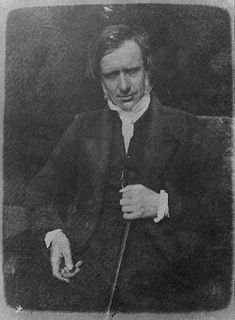A Quote by Edwin Hubbel Chapin
The highest genius never flowers in satire, but culminates in sympathy with that which is best in human nature, and appeals to it.
Related Quotes
It is not merely the multiplicity of tints, the gladness of tone, or the balminess of the air which delight in the spring; it is the still consecrated spirit of hope, the prophecy of happy days yet to come; the endless variety of nature, with presentiments of eternal flowers which never shall fade, and sympathy with the blessedness of the ever-developing world.
Even in a jungle, lovely flowers will spring up here and there, such being the fecundity of nature, and however badly our pastors and masters run our society, however much they pull to pieces that which they claim to be keeping intact, nature remains fecund, human beings are born with human traits, sometimes human strength outweighs human weakness, and human grace shows itself amid human ugliness. ‘In the bloodiest times,’ as our play has it, ‘there are kind people.’
There is that in the soul of man which must respond to the highest in virtue. It may not respond at once. Human nature can easily be over-faced by examples too remote and austere. Moreover, human nature can easily deny God because the whole race has long been in rebellion against Him. Yet there is that in human nature which calls out to the supreme examples of virtue: owns, as it were, the intention of God who made it, and feels the unmistakable homesickness of the soul.
The study of Nature is intercourse with the highest mind. You should never trifle with Nature. At her lowest her works are the works of the highest powers, the highest something in the universe, in whichever way we look at it... This is the charm of Study from Nature itself; she brings us back to absolute truth wherever we wander.
Nonviolent actions are by their nature androgynous. In them the two impulses that have long been treated as distinct, 'masculine' and 'feminine,' the impulse of self-assertion and the impulse of sympathy, are clearly joined; the very genius of nonviolence, in fact, is that it demonstrates them to be indivisible, and so restores human community.
Paganism is that view of life which finds the highest goal of human existence in the healthy and harmonious and joyous development of existing human faculties. Very different is the Christian ideal. Paganism is optimistic with regard to unaided human nature, whereas Christianity is the religion of the broken heart.






































